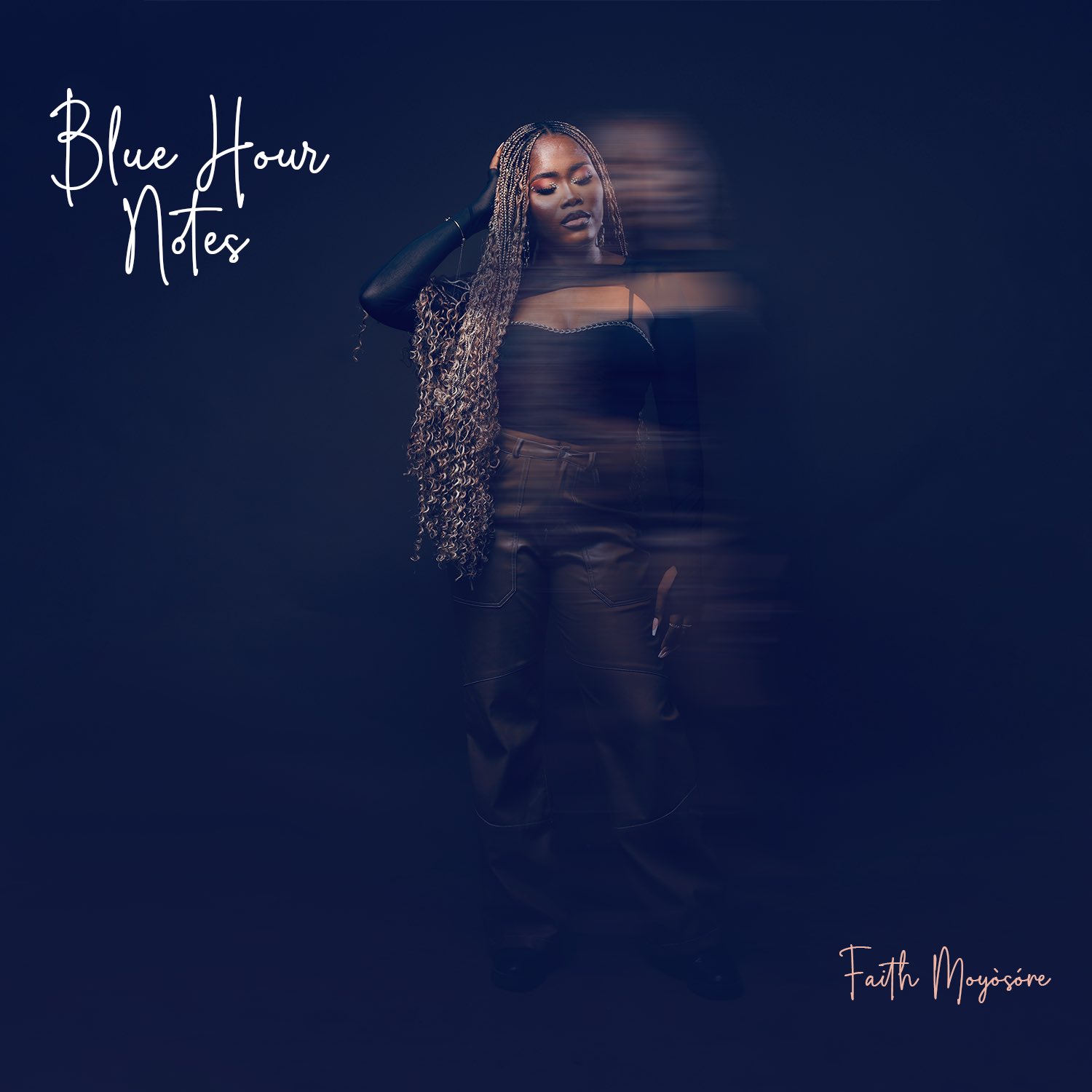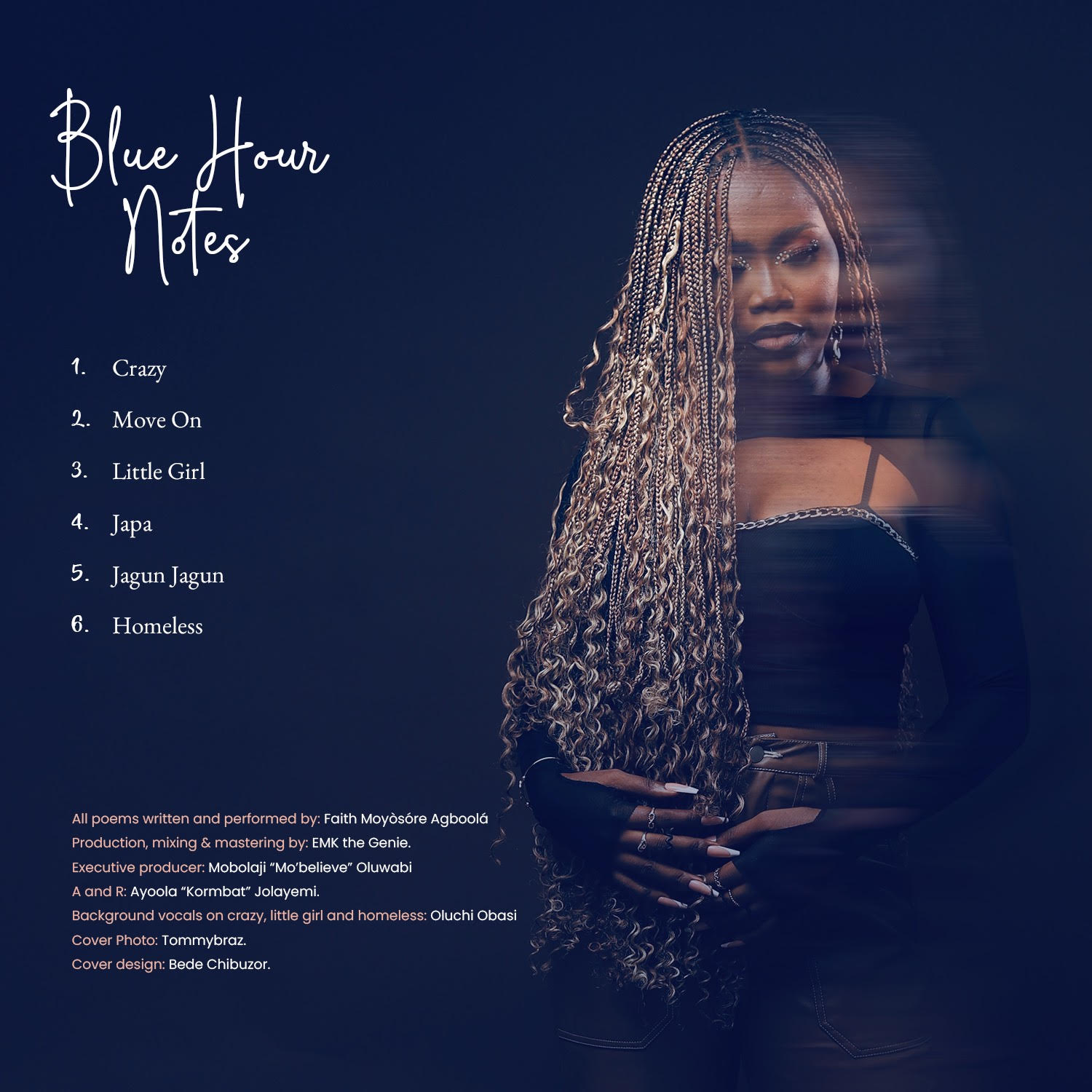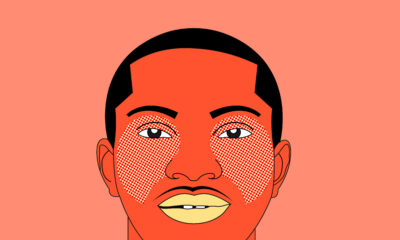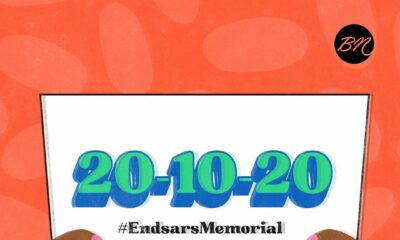Features
Blue Hour Notes by Faith Moyosore Agboola | A Spoken Word Poetry Review by Roseline Mgbodichimma

It takes a poet present in time, honest and deeply attentive to deliver a spoken word album like Blue Hour Notes. A collection of poetry that delicately and audaciously weaves the dynamics of human emotion through the prisms of womanhood, language, mental wars, and yearning. Faith Moyosore Agboola, the brilliance behind this EP, is not new to the poetry scene. As a writer, cultural producer and founder of The African Writers, she has performed poetry on various stages and was awarded the fully-funded Chevening Scholarship in 2020 in recognition of her work in literature.
Moyosore’s Blue Hour Notes comprises six poems steeped in raw emotions, honest verses, and heartfelt melodies. In about twenty-seven minutes, this EP takes you on a journey filled with unfiltered truths about the painful realities of toxic entanglements with self, family, loved ones and society. In a society where desiring romantic relationships and confronting the pain occasioned by it is often shrouded in shame, especially for women, Blue Hour Notes comes as both assurance, balm and wake-up call.
The first track “Crazy” begins with a frantic conversation between a woman and her lover. The gaslighting in the exchange between them is unmistakable and serves as a foundation for the poem’s message as it progresses.
“Why do our conversations feel like a landmine these days? / The explosion of my self-worth and the floating of your ego.” With these lines, Moyosore illustrates the absence of accountability in one body and how it diminishes the self-worth in another. The poem concludes with a liberating chant, depicting the moment of self-realisation that hits a person when they finally recognise that the toxicity in their relationship is not their fault.
This same thing happens in her second poem, “Move On.” The poem encapsulates the clarity that emerges when a person acknowledges the presence of pain and the root of it. Here, Moyosore makes a case for hurting and wallowing, asking that the pain of lost love be felt and that it be felt thoroughly. “Move On” provides a candid exposition of the journey a person undertakes to mend a broken heart, unveiling the various phases from initial confusion to anger, lamentation, the experience of being ghosted, and even the haunting act of stalking one’s ghoster.
In many ways, shattering a person’s heart is akin to persecution. Thus the ending of this poem draws a parallel to a biblical allusion, mirroring the Corinthians who were perplexed but not in despair and cast down but not destroyed, the persona in “Move On” is, according to Moyosore, “Hurt but not weak / broken but not defeated.”
It makes sense that after witnessing the trauma response in the second poem, the third poem in the EP “Little Girl’’ takes us back to the roots, to witnessing a childhood. The poem illuminates the profound impact of harmful childhood experiences and how they translate to trauma in adulthood. This reminiscent poem touches on issues like colourism, the male gaze, poor parenting, and their harm to women and girls. The weight of this poem is felt in Moyosore’s delivery of it. The ache is unmistakable in her tone, the way she enunciates the syllable in every word to illustrate the pain. The line, “Being seen for the wrong reasons can be worse than obscurity’’ is the central message the poem is passing to girls whose self-worth perish daily on the likeability spectrum of men.
“Little Girl” is not a poem that exists in a vacuum. To me, it is the poignant camaraderie that occurs when shadowed parts of Wana Udobang’s poems “Girlhood,” “Sister Circle” and “Conversations with your Mother” meet for tea.

Something noteworthy in Blue Hour Notes is that despite honouring diverse emotions and validating pain, Moyosore still preserves the agency of the personas. Moyosore’s poetry is not the kind that elucidates trauma without highlighting possible victory from it.
The fourth poem “Japa” is the most relatable poem for any Nigerian. It exposes the prevalent challenges tied to the rise in living costs, security concerns, and economic turmoil. The intentionality behind the poem arrangements in this EP is evident. The placement of “Japa” beautifully underscores the deliberate organisation of themes, transitioning from toxic love affairs among individuals and families to a broader portrayal of the relationship between citizens and their country. The poet poses a simple and yet necessary question: “Nigeria what are you doing to us?’’
This poem speaks about the realities of the Japa wave. How Nigerians are forced to make a home out of multiple continents, and how distance ruins relationships. “Real love swallowed into the fans of planes and scattered into the world,” Moyosore says.
“Japa” gets heavier as it progresses. We are reminded of the EndSARS protest on October 20, 2020, and the brutality it was met with by the Nigerian government, among other gruesome incidents that have occurred and continue to occur in Nigeria. “Like a con artist, my country is forever outwitting us / We scream Japa Japa but how many of us can leave?” Moyosore asks.
In “Hey Soldier,” we encounter the beauty of language. The Yoruba word “Jagun Jagun,” which translates to ‘Fight Fight,’ is woven into the narrative. The poem proposes that instead of fighting for unrequited love, fighting our brokenness is a better call. “Hey, Soldier” is a handbook on how to move through life. My favourite part of this poem, aside from the beauty of the lines, is the beating drums. The traditional musicality of it makes me want to tie a wrapper around my waist, sway my hips and tap my barefoot in agreement.
The last poem, “Homeless” begins with voicemails, thumping heartbeats and multiple beeps. Sounds that signal anxiety, depression and uncertainty, presenting the concept of home as not just a place, but also as people where and with whom we contemplate the Herculean effort it takes to heal. Overall, Faith Moyosore has written and performed a no-skip poetry EP. It is an emotionally charged collection of poems that is astute in its delivery, offering a sublime exposition of the intimate and intricate interplay of self and society. I rate this a solid 7/10.






















